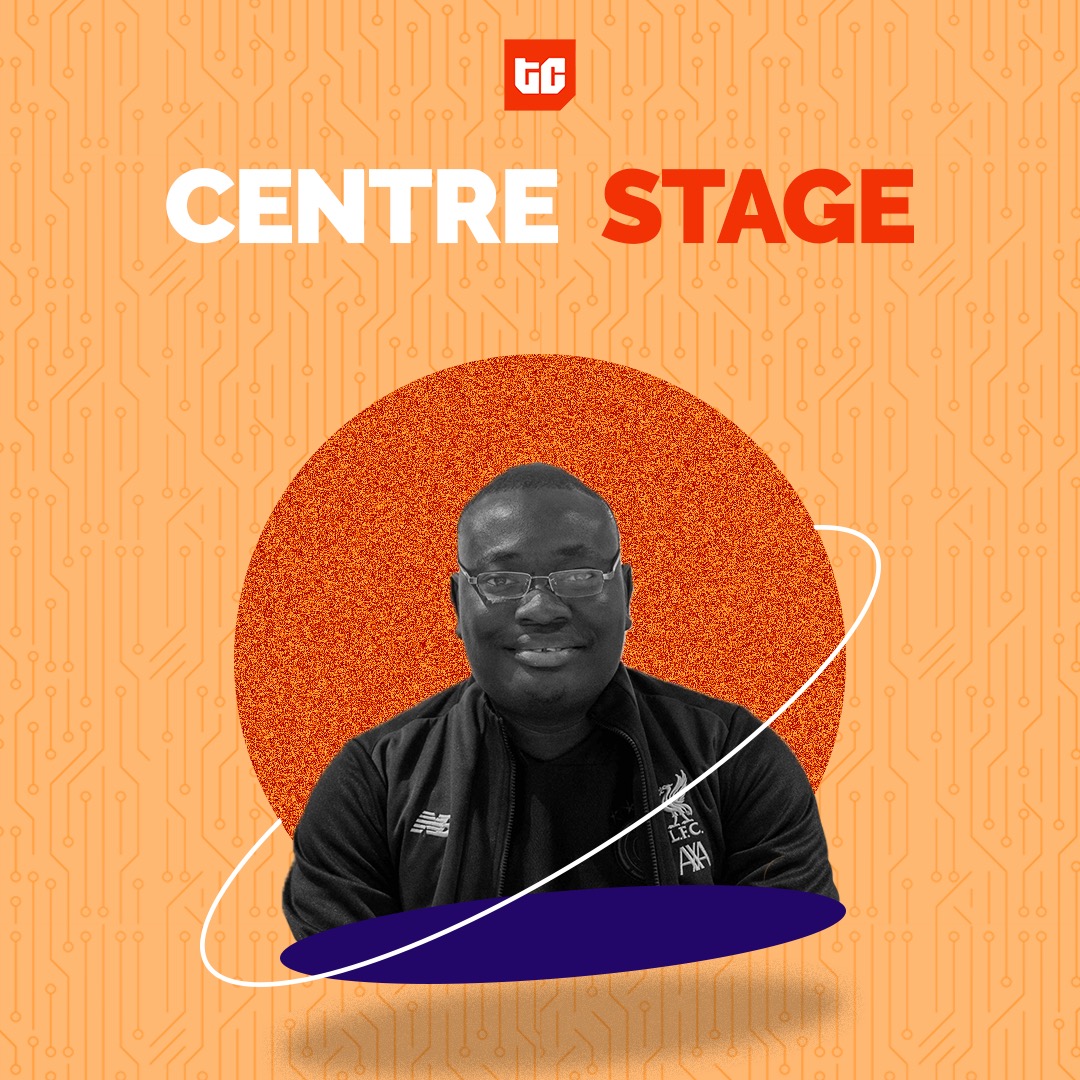Hello, and welcome to the final edition of Centre Stage in 2022. My guest today is Cornelius Ashley-Osuzoka.
Cornelius is a developer experience lead at Flutterwave, one of Africa’s most valuable fintech companies. In 2019, Cornelius joined Flutterwave through the company’s ‘Tech Heroes internship program. And within three years, he went from being an intern to a product owner to leading Flutterwave’s developer experience team set up by the fintech’s CEO, Gbenga Agboola.
I’m bringing Cornelius to centre stage because he is a go-between Flutterwave and technical engineers who frequently work with Flutterwave’s technology and products. Software developers and engineers are responsible for building, designing and making our most-used apps tick daily.
Meet Cornelius Ashley-Osuzoka (stylized as CAO in this article)
Koromone Koroye: Hi Cornelius, what does it mean to be a developer experience lead?
Cornelius Ashley-Osuzoka: I develop strategies on how Flutterwave creates unique experiences for developers in our ecosystem.
My job requires me to create and manage frameworks and processes that align with what developers need from us. For example, our in-house technical writers develop technical content – API documentation, tutorials, and webinars – targeted at developers.
I spend a good portion of my time thinking about ways to drive developer-centric initiatives and community-building events.
KK: Does your work require you to only work with in-house developers, or do you manage external dev communities?
CAO: Our team connects with in-house and external developers. We connect with technical workers who use Flutterwave to build products and create better experiences for them.
On the job: Challenges and rewards
KK: What are some challenges you face with building communities for developers?
CAO: Flutterwave is a pan-African company which means we run business operations in multiple African countries. Developers around Africa work with our APIs and technical documents. The challenge we face is managing various cultural nuances and product expectations. This challenge is positive, but aligning everyone requires a lot of effort.
KK: Can you share a specific example?
CAO: I once worked with a Cameroonian developer who explained that our perception of mobile payments in his country differs from how Cameroonians perceive and use mobile money channels. I had to learn how to provide technical resources and support for developers from diverse cultural backgrounds.
Another challenge was getting developers – particularly seasoned technical engineers – to adapt to changes in our technologies. Sometimes the transition process can be complicated and imperfect; still, we do our best to carry our developer community along with us.
KK: In your experience, what differences have you noticed in how we build products in Nigeria versus other countries?
CAO: One difference I’ve seen is in the types of products that we build. The products and features you find in the Nigerian market are typically more advanced compared with other markets. Some African markets focus on e-commerce and hospitality, whereas fintech and health tech products dominate Nigeria’s startup market.
Career development and developer myths
KK: What does professional development look like to you? How do you grow as a developer experience manager?
CAO: Firstly, be a developer. Beyond being just a developer, you must be willing to get your hands dirty. Pick a stack (frontend or backend) to focus on and hone your craft by building a portfolio of products and exchanging ideas with like-minded people.
Secondly, understand your startup’s business objectives and consider how a developer community would align with those objectives.
Thirdly, work on your communication skills. A portion of my day-to-day involves drafting strategy documents, creating plans and assigning actionable steps to help Flutterwave achieve its developer community goals.
KK: What are some common myths about developers?
CAO: A common myth in Nigeria’s developer community is that all developers earn a lot of money. Some experienced developers make well above average salaries, but this is different from the norm and is typically only the case with developers who work in big tech companies. Many junior developers recently transitioned into their roles and are working their way up the corporate ladder.
Another myth is that developers are terrible communicators. Many developers are cerebral communicators who know how to document processes and share their ideas. Nigeria’s tech ecosystem is home to fast-growing developer communities that regularly host meet-ups and networking events across different cities.
KK: What does success mean to you, and or what does it look like to you and your role?
CAO: Success looks like a community of pan-African developers building valuable payment features and systems using products designed and developed by our in-house engineering team.
Flutterwave was founded to help Africans send and receive money within a heavily-fragmented payment ecosystem. Success looks like my team and me working hard to ensure our API (application programming interface) documentations are up-to-date and functional.
KK: What do you enjoy the most about working for Flutterwave?
CAO: Definitely working with a diverse team of talented and experienced people. When I joined, I was surprised to see people from different backgrounds in engineering. One of my co-workers is a backend engineer with a history degree. Working with a diverse team helps sharpen how I think and approach my day-to-day tasks.
Another thing I enjoy is working on multiple projects simultaneously to avoid falling into a mundane and predictable work rhythm while on the job. Working this way promotes collaboration and cross-functional team camaraderie.















